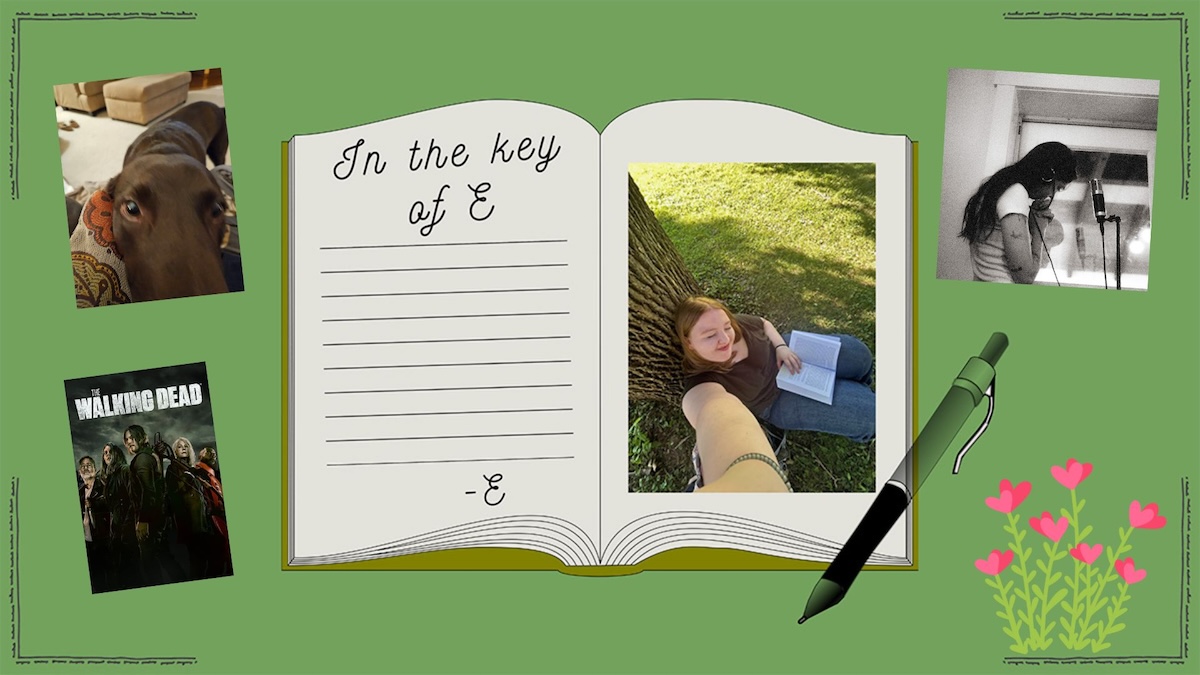For those who know me well, it might come as a surprise to find out that I was actually raised Catholic.
That’s because I don’t really talk about the religion I once practiced. And to be perfectly honest, it’s not something I am particularly proud of.
But the truth is, I attended Sunday school every week from the start of kindergarten through my junior year in high school. I was baptized Catholic, had my First Communion, told a priest the ‘sins’ I had committed during reconciliation and was ultimately confirmed.
For those of you counting, that’s four out of the seven Catholic sacraments. The only thing I had ever been opposed to was the time commitment, not the beliefs.
That was until I was about halfway through the process of being confirmed.
I remember our confirmation class splitting up into smaller groups to have more intimate discussions about the relgion. In my group was a friend I had grown up with, played sports with and known just about my entire life. He was an incredibly hardworking, intelligent person who — most importantly — was a fantastic human being.
These were exactly the attributes I expected a religion to want in their followers. That is why I was so taken back by the response my friend received to one of his questions.
You see, my friend had been openly gay for a few years at this point. Luckily, we grew up in a very open-minded community, and I had assumed the majority of society was as accepting of my friend as our town was.
My friend never came back to a meeting again.
It wasn’t that he didn’t want to be part of the religion; it was that the religion didn’t want him to be part of it. This baffled me, and was the beginning of the end of my participation in Catholicism.
How could a book, written thousands of years ago, really know the value that my friend could bring to an organization? The simple answer is that it can’t.
In my opinion, the Bible is easily the most outdated text still in use today. Can you imagine if we used a textbook in our classes that was even a hundred years old?
The first problem I have with the Bible is the insanely ludicrous standards in it that nobody seems to follow.
For starters, you aren’t supposed to let your cattle graze with other kinds of cattle (Leviticus 19:19) or wear clothes made of more than one fabric (Leviticus 19:19). Likewise, you shouldn’t cut your hair or shave (Leviticus 19:27).
And I don’t know many people who haven’t ever cursed their parents, so they all must be killed (Leviticus 20:9). There are tons of websites where you can get more senseless passages; these are just a few I found at BibleBabble.com.
The second issue I have with it is how consistently the book seems to contradict itself.
For example, in one passage it says we should fear God (Matthew 10:28), in another it says we should love God (Matthew 22:37) and in another it says there is no fear in love (1 John 4:18). Seriously, just Google ‘contradictions in the Bible,’ and you will see the list goes on forever.
How can a book be used to establish standards if it’s hard to establish what that book’s standards even are?
And why are some of the above passages ignored, but the one condemning homosexuality isn’t supposed to be?
The answer is because times have changed, and as society realized that certain rules were outdated (like not wearing clothes of more than one fabric) and began omitting them.
Frankly, the truth is the only argument against homosexuality and gay marriage stems from the Bible. Considering how misleading, outdated and contradictory the text is, using it as an argument is insane to me.
It’s about time that Catholics (and other denominations), as well as the rest of society, opens up their eyes and realizes this is the next archaic passage that needs to start being omitted.
Homosexual relationships aren’t any different from heterosexual ones, other than the ostracizing they are subjected to.
The Bible should never be considered a legitimate source to formulate an argument, especially against a group of people. The irony of that is until this is understood, Catholics will continue promoting hatred towards a portion of society instead of the love and inclusivity they think they do.
Frank F. Pellegrino is a senior print journalism major and Chief Copy Editor at The Spectator.






